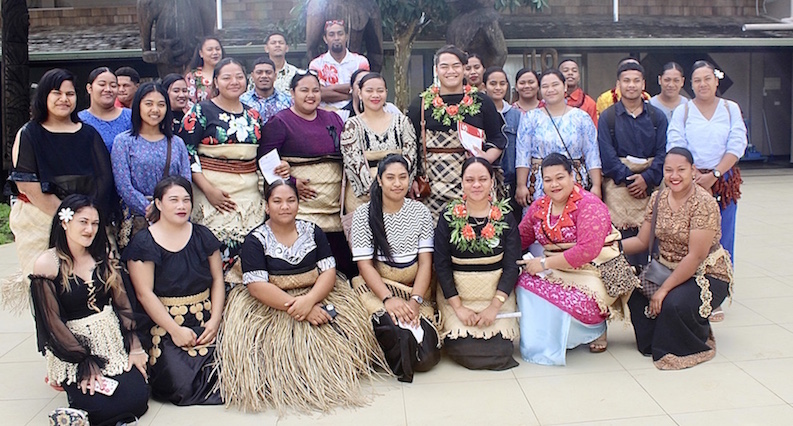The Ministry of Internal Affairs Youth Development Division in Tonga and the Pacific Community (SPC) launched a three-year pilot project last Friday aimed at providing 40 young people in Tonga with a second chance at education and training.
The project, called the Pacific Youth Engagement, Empowerment, and Economic Pathways (PYEEEP), is funded by the New Zealand Ministry of Foreign Affairs and Trade Aid Programme (MFAT). It aims to empower young Pacific Islanders who are not engaged in education, employment, or training (NEET) and improve their social and economic well-being. The pilot project is currently being implemented in Tonga and the Solomon Islands and is intended to be expanded to other Pacific Island Countries in the future.
The project’s objectives are to strengthen national systems and bodies that support youth-based policies and activities, provide alternative pathways to decent work and engagement in society, and help Pacific Island governments establish inclusive services for young people who have fallen out of education. The ultimate goal is to improve sustainable development outcomes for youth who are excluded from mainstream development.
The Honourable Minister for Internal Affairs, Lord Vaea, endorses the partnership between the Ministry of Internal Affairs and the Pacific Community, recognizing the opportunities it will create for Tongan youths. Miles Young, Director of SPC’s Human Rights and Social Development Division (HRSD), expressed excitement about officially launching the project and welcoming the 40 youths who will be the first to pilot the chosen pathways. SPC aims to work with the Tongan government and partners over the next two years to develop a Pacific-customized youth economic pathways project that can be replicated across the region.
Ms Leitu Sa, New Zealand’s Acting High Commissioner, highlighted that the pilot project brings together government, non-government, youth, and private sector stakeholders to test out how pathways can be created and integrated into national systems. The engagement of all partners, particularly the youth participants, is crucial to the pilot’s success and understanding how it can be scaled up in the future.
The project addresses a critical need as youth unemployment in Tonga is at 18.7 percent, according to the International Labour Organization, while the average rate for the region is 23 percent. Additionally, the project aims to support and empower Tongan youth, recognizing that the unemployment rate for young women in every Pacific Island country and territory is higher than that of young men.
SPC is partnering with the Ministry of Internal Affairs Youth Development Division in Tonga to implement the project. Other stakeholders involved in Tonga include the Tonga National Youth Congress, Tupou Tertiary Institute, Ahopanilolo Technical Institute, Tonga Chamber of Commerce and Industry, and the Ministry of Trade and Economic Development.






